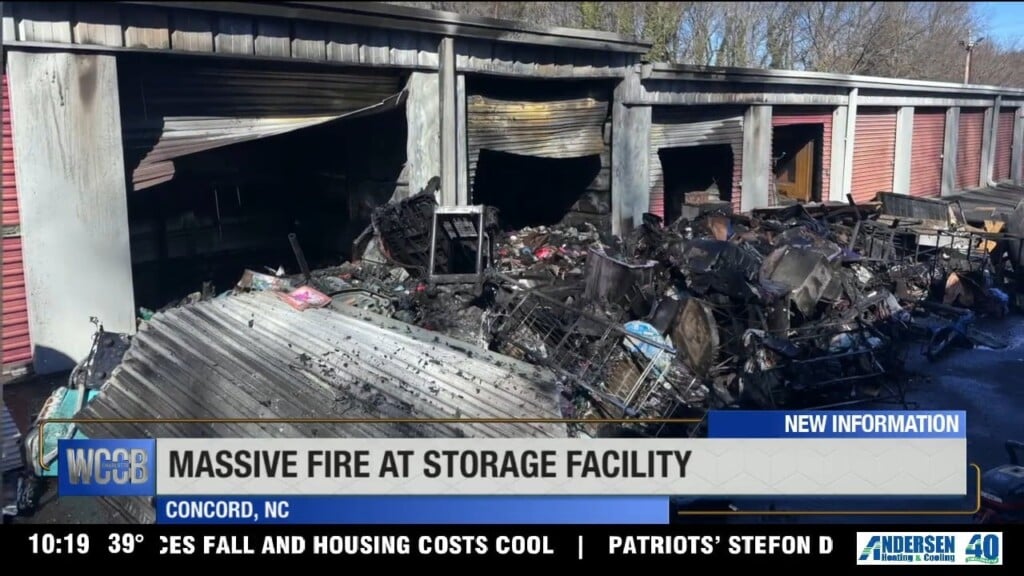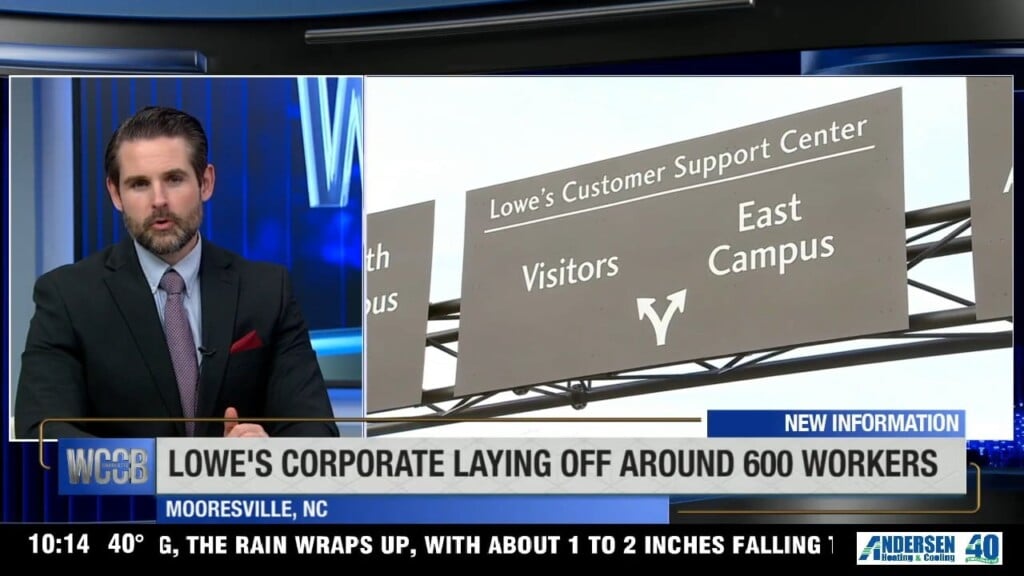Better Business Bureau provides eight tips for dealing with holiday pop-up shops
Some retailers turn to outdoor pop-up shops during the holiday shopping season at local festivals and events. These temporary storefronts give shoppers the opportunity to browse for merchandise in person, and indoor pop-up shops allow landlords to fill vacant retail space in downtown areas and suburban malls.
The Better Business Bureau receives complaints each year about temporary retail locations, reporting everything from poor-quality merchandise to difficulty obtaining refunds after temporary stores have closed their doors. Pop-up shops can be fun, but keep the following BBB tips in mind if you choose to buy from one of them:
- Research store headquarters. If you are interested in trying a new or unfamiliar online merchant, ask the company for its physical location (address and phone number) so you can check its BBB Business Profile at BBB.org
- Ask how long a store will operate. If you are buying from a seasonal store, ask whether it will be open after the holiday and whether it will accept returns when the season is over. If not, consider buying elsewhere or taking more time to be sure the item is exactly what you want before making the purchase.
- Review purchase policies. Determine the company’s refund and return policies before you buy. If pop-up shops cannot offer concrete commitments on how they will handle any potential problems you may have with their products or services, reconsider doing business with them.
- Shop around. Pop-ups often focus on unique or high-quality gifts that you may not find elsewhere, but some are simply mini versions of discount retailers, offering holiday-themed goods that may be available for less at a traditional retailer.
- Pay attention to quality. Occasionally, pop-ups sell counterfeit products, so be cautious when purchasing designer goods or that latest “must have” gift. Prices that are dramatically lower than regular retail stores may be a red flag that the items are either stolen or counterfeit.
- Know the terms of any product or service guarantees. If you are purchasing anything that comes with a manufacturer’s warranty, ask how you will be able to get the product
serviced if needed. - Guard your personal information. For small items, you might be better off paying in cash so you don’t have to share any personal information. Just be sure you understand that you probably won’t have any recourse if something is not right. For larger items, paying with a credit card can provide additional protections if there are problems and the retailer disappears. Make sure you hang on to the receipt to match it against your credit card statement.
- Consider whether the gift is for a hand-to-please recipient. If you are planning a gift for someone who might need or want to return it, consider buying from a retailer with a
long-standing business, strong reputation, and well-established return policies, instead of a pop-up shop. Whenever possible, ask for a gift receipt that would make a return or exchange easier, if necessary.
Better Business Bureau recommends six steps to stop porch pirates this holiday season
The rise of online marketplaces and expedited delivery services is convenient for many consumers nationwide, allowing shoppers to search for the perfect gift for friends and family. Unfortunately, purchasing and having the item delivered to the proper address does not guarantee you will receive it. According to a Security.org study, approximately 79% of consumers experienced package theft in 2022.
Package thieves, also known as “porch pirates,” often take advantage of an opportunity and may frequent a neighborhood or community multiple times before moving on to another. They will
often target houses that provide a quick in-and-out route, especially if the porch or area where packages are delivered is within 25 feet of the street and is easily visible.
As a crime of opportunity, preventing or discouraging package theft can be accomplished in several ways, depending on the location of your residence, type, and community. For instance, preventing package theft at an apartment complex in the middle of the city differs from a suburban residential community. However, consumers can use specific strategies to discourage the act no matter where they live.
- Check with neighbors. Sometimes, your package may not be stolen simply at the wrong address. Before filing a report or contacting the sender, check with your neighbors and see if the delivery service may have dropped off your package at the wrong address. Many delivery companies will take pictures of your package in the designated location – be sure to check for the photo and verify it is at the right spot.
- Don’t leave unattended packages. When possible, do not leave delivered packages unattended for long periods. If you are expecting a package, attempt to schedule its
delivery when you know you will be home. Ask your neighbors if they mind holding on to packages delivered if you plan to be gone for an extended time. - Ship to store. If purchasing an item from a retailer with a physical location near your home, consider shipping it there instead. Retailers will require proof of purchase or identification before releasing packages they have received, and this is a sure way to avoid porch pirates.
- Use a security camera. Installing a home security system with cameras or a camera-enabled doorbell is a great way to deter package theft, especially when highly visible. Consider including a sign that specifically states that the residence is under surveillance. Even if a package is stolen from your porch, the video evidence will help law enforcement track down the thieves (but be wary of the risk of internet-connected devices and research before you purchase).
- Require a signature. Many delivery companies include the option to require a signature before leaving a package, letting you take physical possession of the item as soon as it is delivered. While this option works well for those often at home, especially for expensive items, it may create difficulties in receiving packages if your schedule and the delivery service differ. Be sure to check with the delivery company on their policy for packages that are not signed for; they may return it to the sender after a certain number of attempts.
- Consider a package receiving service. Some major retailers, such as Amazon, offer secure package-receiving locations away from your home that you can access with a key or code. Some independent businesses also specialize in this service, allowing you to designate a different delivery location for your packages and the ability to pick them up on your way home.
BBB Scam Alert: Survey scam gets a holiday twist
Scoring a great deal this holiday season is exciting. Unfortunately, con artists are using that same feeling of excitement to lure shoppers into scams. This con uses text messages and fake customer surveys to steal valuable information from unsuspecting victims.
How the scam works: Scammers send you a text message that appears to be from a well-known chain store. As part of a holiday deal, the “store” is offering a free product, discount, or gift card to anyone who completes a short questionnaire or survey. Of course, they explain, this is a limited-time offer so you’ll need to act fast if you want to receive your gift. If you click the link, you won’t go to the store’s official website. Instead, it will take you to a third-party website where you’ll be asked to fill out a form that asks you for personal information, such as your full name, address, email, and more. By clicking on the link, you may even download malware onto your device, giving scammers access to even more personal information. Watch out for similar survey scams, even after the holidays.
- Know the signs of a phony text message. Unsolicited text messages are usually not from trustworthy sources. Reputable businesses will get your permission to send you a text before sending anything to your inbox. Fake texts often contain suspicious-looking links and contain typos and other errors, too.
- Watch out for rewards that sound too good to be true. Remember that legitimate businesses run surveys to understand their customers. They may offer a modest discount to encourage participation, but the reward is not the focus. If someone offers you a valuable product or gift card in exchange for completing a two-minute survey, it’s probably a scam.
- Limited-time offers could be a red flag. Scammers often use a sense of urgency to get their victims to hand over valuable information without thinking. Be careful if a text message says something like, “If you complete this survey in the next 10 minutes, you’ll win a prize!” Don’t let yourself be pushed into action without really examining the message first.
- Remember that scammers conceal their identity. Many scam surveys are very vague about their purpose and who is running them. If you can’t figure out who or where the survey is coming from, don’t take it.
- Do some research. If you aren’t sure about a survey, do an internet search to find out more information. Look for links to the survey on a business’s official website. You can also do a search using the survey name and the word “scam” to see if there are any reports about it being fake. You can also check BBB Scam Tracker to see if there are any reports of the survey, or look up the survey company on BBB.org to see their rating and if they are BBB Accredited.





